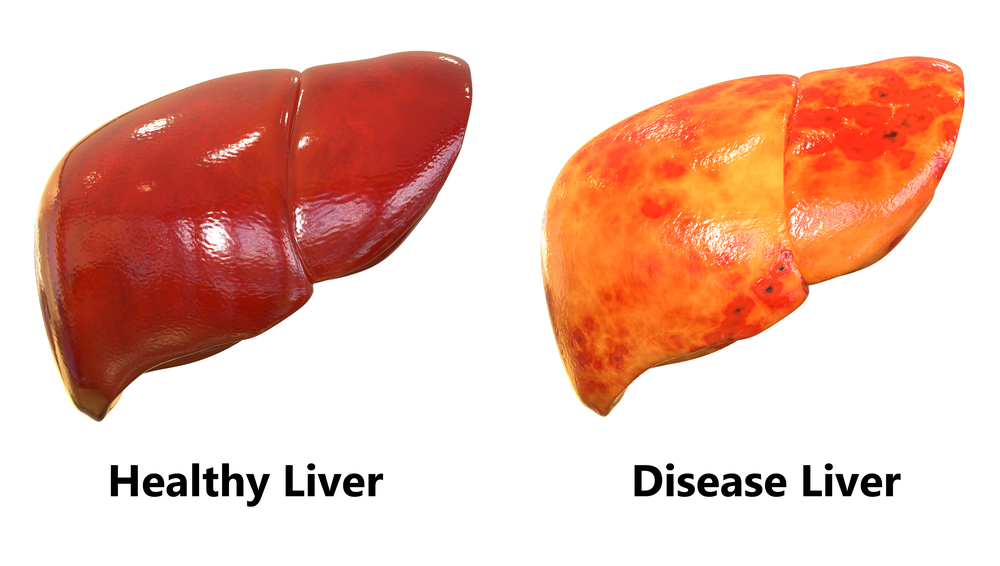Healthy Eating
Farming The Right Way with Paul Grieve | MGC Ep. 17
Normal Guy Quits JOB to Farm (pastured chickens)
The Cleanest Meat in America
PASTURE RAISED - CORN FREE - SOY FREE - REGENERATIVE
What Happens When You Start Eating Healthy?
Japanese Oldest Doctors: Just Eat These Every Day and You Will Live to 100
How to Make Better Food Choices for Health & Longevity | Dr. Casey Means & Dr. Andrew Huberman
How to start healthy eating: basic nutrition for beginners, tips to nourish your body: a nutritionist's best tips!
9 HEALTHY Foods you MUST Eat In 2025
Eat Healthier in 2025 with These DIETITIAN-Approved Tips!

15+ Foods High in Creatine: Benefits, How to Add to Diet & More


Detox Your Liver: A 6-Step Liver Cleanse
By Dr. Josh Axe, DC, DNM, CN, 2/1/24
The Healthiest Foods You Need in Your Diet – Dr. Berg's Expert Advice
7 Foods You Should Never Eat – Dr. Berg
Plant Based Nutrition and Healing
A Masterclass On Plant-Based Nutrition | Rich Roll Podcast
Rich Roll presents a master class on plant-based nutrition, breaking down the latest research and wisdom shared by physicians & experts who have graced the show. For more, go here👉🏾https://bit.ly/richroll719
Discover how whole food, plant-based nutrition promotes powerful healing and optimal health in this engaging session with Nandita Shah and Dr. Joshua Helman. Learn practical strategies to harness the healing potential of plants and achieve vibrant wellness.
The Profound Impact of Healthy Eating and Lifestyle
Healthy living and lifestyle choices can have a profound impact on people's lives, transforming not just their physical health but also their mental, emotional, and social well-being. Here's how embracing a healthier lifestyle can turn people's lives around for the better:
1. Improved Physical Health
-
Increased Energy: Eating a balanced diet, staying active, and getting enough sleep all contribute to higher energy levels. When you feel physically better, it's easier to tackle daily tasks and maintain a productive routine.
-
Prevention of Chronic Diseases: Regular physical activity and healthy eating can help prevent or manage chronic conditions like heart disease, diabetes, and obesity. It reduces the risk of developing high blood pressure, high cholesterol, and certain types of cancer.
-
Stronger Immune System: A balanced diet rich in nutrients, regular exercise, and adequate rest help strengthen the immune system, making it easier for the body to fight off infections and illnesses.
2. Mental and Emotional Well-being
-
Reduced Stress and Anxiety: Exercise triggers the release of endorphins, the body's natural "feel-good" hormones. Physical activity can help reduce stress, alleviate symptoms of depression, and enhance overall mood.
-
Better Sleep: Healthy living habits, like maintaining a regular sleep schedule and avoiding stimulants like caffeine or heavy meals before bedtime, can lead to deeper, more restful sleep, which in turn improves cognitive function and emotional regulation.
-
Increased Self-Esteem and Confidence: Taking care of your body through healthy habits can boost self-esteem. When people feel good physically, it often improves their body image, leading to more confidence in other areas of life.
-
Clearer Thinking and Focus: Regular exercise, proper nutrition, and stress management techniques like mindfulness or meditation help improve cognitive function, focus, and clarity of thought. This can positively impact work performance, decision-making, and relationships.
3. Longer Lifespan and Quality of Life
-
Longevity: Studies have shown that people who live a healthy lifestyle—eating nutritious foods, staying active, not smoking, and drinking in moderation—tend to live longer lives.
-
Improved Mobility and Independence: Physical activity helps maintain joint health, flexibility, and strength, which makes aging more graceful. Healthy living can allow older adults to maintain independence and quality of life.
4. Better Relationships
-
Stronger Social Connections: A healthy lifestyle can improve a person's mood, making them more likely to engage positively with others. This can strengthen relationships with family, friends, and colleagues.
-
Increased Empathy and Support: When people take care of themselves, they often become more empathetic and supportive of others in their community, fostering better social networks and stronger connections.
5. Boosted Productivity and Career Success
-
More Focus and Motivation: When you prioritize your health, you are more energized, focused, and motivated. This can improve productivity in work or school and lead to better outcomes in your personal and professional life.
-
Better Decision-Making: Healthy living can improve mental clarity, leading to better decisions in all areas of life. This is especially important in high-stakes situations, whether at work, in relationships, or with personal goals.
6. Personal Growth and Empowerment
-
Sense of Control: Adopting healthy habits often requires self-discipline, which builds a sense of empowerment. When people see the positive changes in their bodies and minds, it encourages them to make even better decisions.
-
Developing a Growth Mindset: Living healthily encourages personal growth in many areas—whether learning about nutrition, discovering new ways to exercise, or incorporating mindfulness practices. Over time, it can lead to a greater sense of purpose and fulfillment.
-
Resilience: A healthy lifestyle can make it easier to cope with life's challenges. Being physically and mentally strong helps people manage stress more effectively, bounce back from setbacks, and maintain a positive outlook even in difficult circumstances.
7. Financial Benefits
-
Lower Healthcare Costs: Healthy living often results in fewer visits to the doctor, lower medication costs, and fewer hospitalizations due to preventable conditions. This can save individuals and families significant amounts of money over time.
-
Increased Job Satisfaction and Productivity: When people feel healthy, they're more likely to be productive, which can improve their job satisfaction and performance, leading to potential promotions, raises, and other career benefits.
8. Environmental and Social Impact
-
Sustainability: Making healthy choices, like eating plant-based foods or choosing eco-friendly products, can also benefit the environment. Sustainable habits often go hand-in-hand with the values of health-conscious individuals.
-
Community Impact: As individuals embrace a healthy lifestyle, they often inspire others to do the same. Creating a healthier community can lead to shared events, better resources, and a culture of mutual support.
Practical Ways to Implement a Healthy Lifestyle
-
Balanced Diet: Focus on whole, nutrient-rich foods like fruits, vegetables, lean proteins, and whole grains. Limit processed foods, sugar, and unhealthy fats.
-
Regular Exercise: Incorporate both cardio and strength training exercises. Aim for at least 150 minutes of moderate-intensity activity per week.
-
Adequate Sleep: Try to get 7–9 hours of sleep each night. Prioritize a regular sleep schedule and create a calming bedtime routine.
-
Stress Management: Practice mindfulness, yoga, deep breathing exercises, or any other techniques that help manage stress and promote emotional balance.
-
Hydration: Drink enough water throughout the day to stay hydrated, supporting bodily functions and improving skin health.
-
Social Support: Surround yourself with positive, like-minded people who encourage healthy behaviors and provide emotional support.
-
Mindful Consumption: Be mindful of your habits around alcohol, smoking, or other substances. Moderation or abstinence can significantly improve long-term health.
Overall, healthy living isn't just about physical changes; it touches on every part of life—emotional, mental, social, and even spiritual. By embracing healthier choices, people can experience profound transformations, feeling more vibrant, motivated, and equipped to live their best lives.



